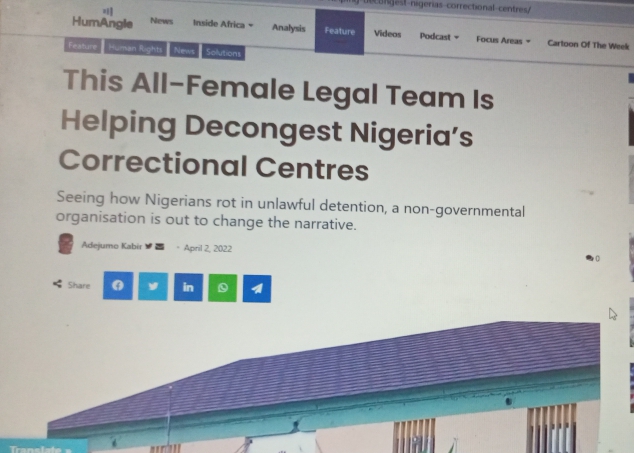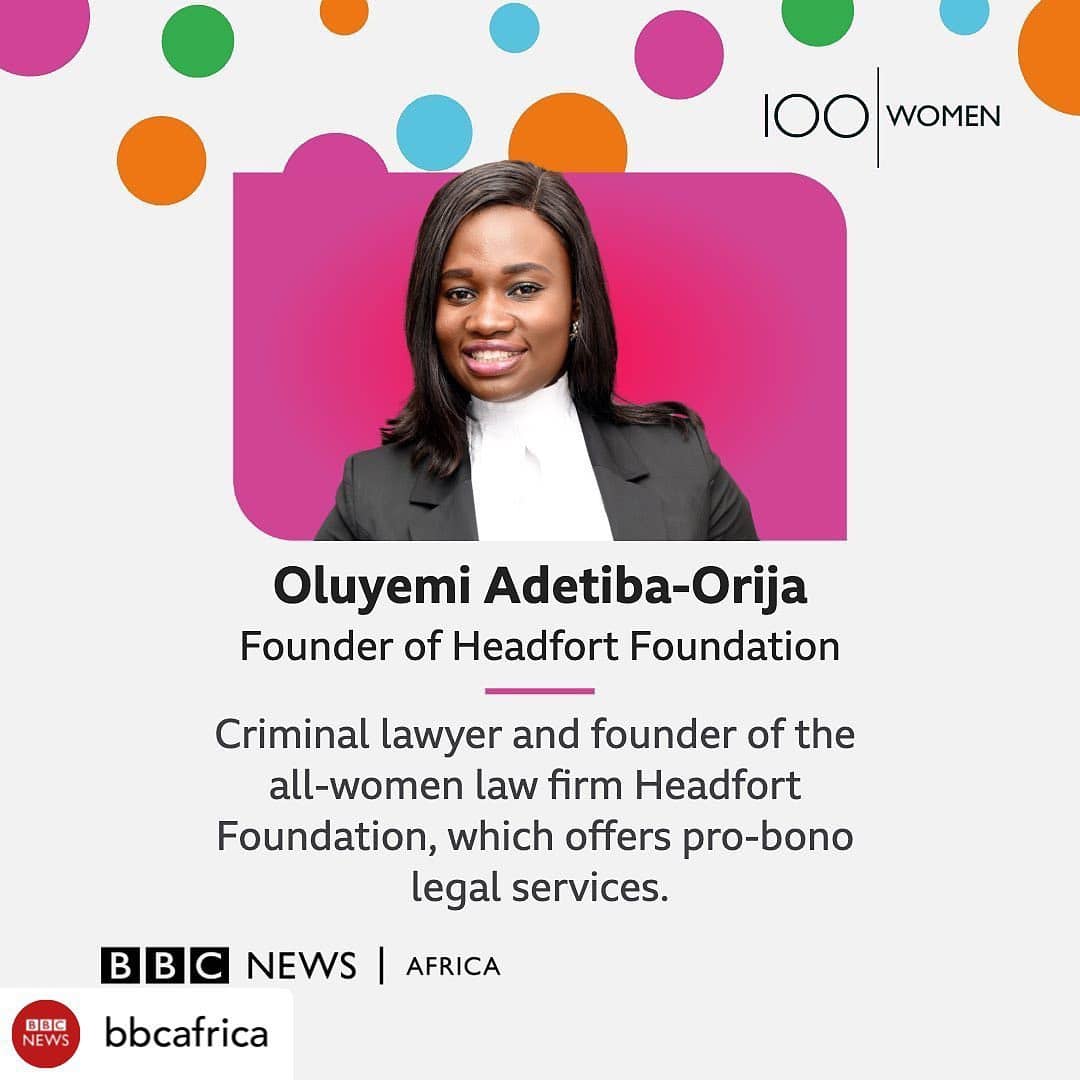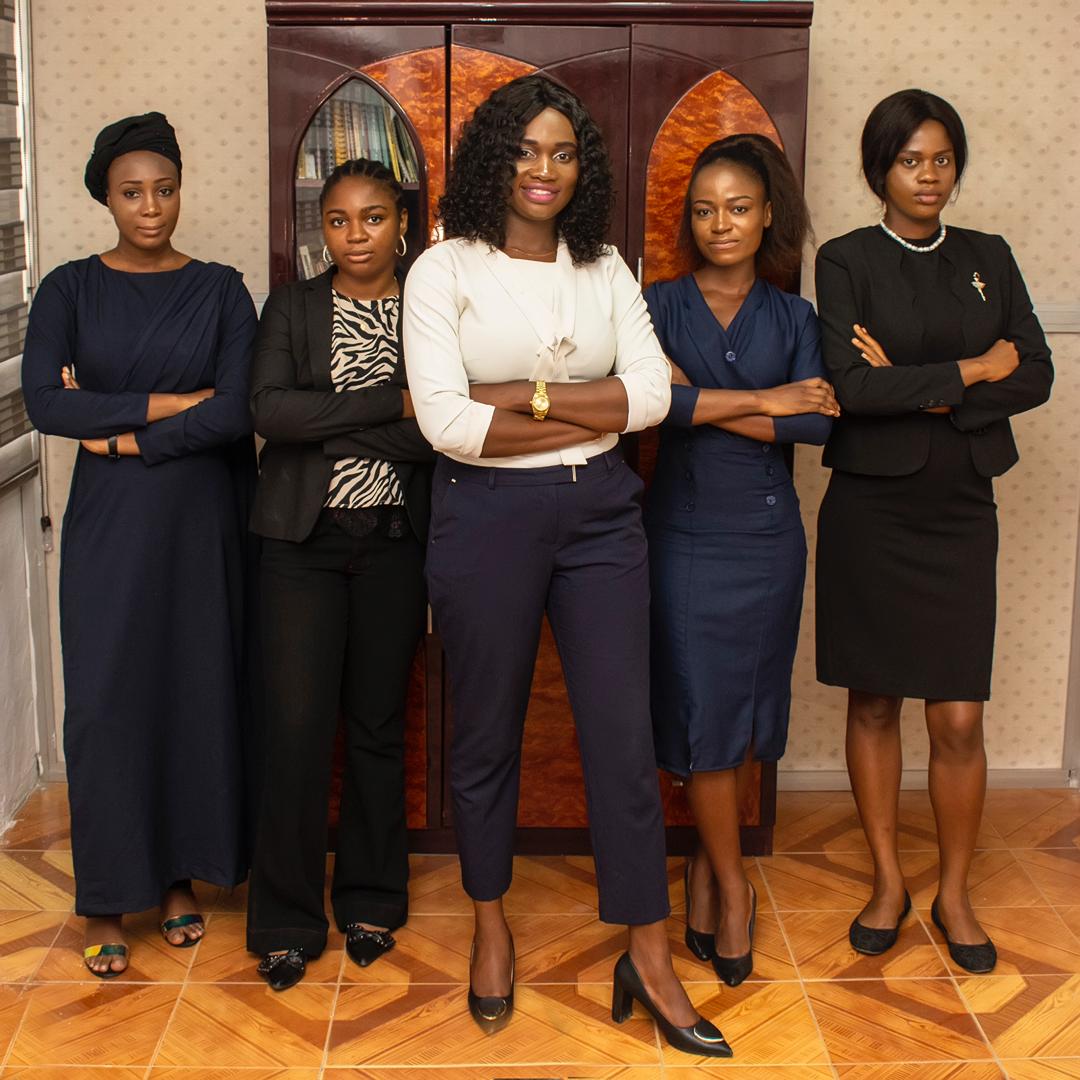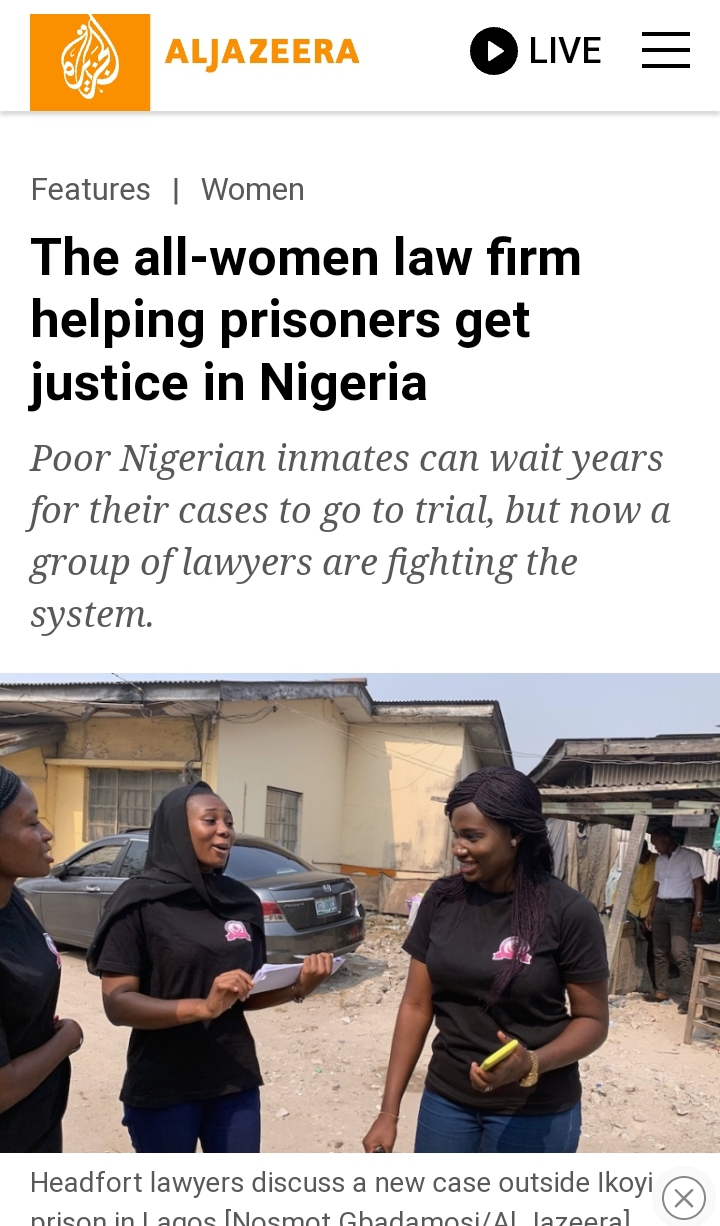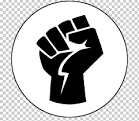 Blog Post
Blog Post
Human rights defenders play a crucial role in advocating for and protecting human rights around the world. Their tireless efforts contribute to the promotion of democracy by challenging oppressive systems, holding authorities accountable, and empowering individuals and communities. Human rights defenders promote democracy through various means. Below are some roles they play in promoting democracy and they are:
Advocacy, Awareness and Shaping Public Opinion: Human rights defenders are the persuasive storytellers of democracy. Through their advocacy efforts, they raise awareness about human rights violations, mobilize public support, and challenge oppressive systems. They use their voices, creativity, and unyielding determination to shape public opinion and demand change. Just like a catchy jingle can make you crave ice cream; human rights defenders use compelling narratives and evidence to generate public interest and action. Through their work, they help foster a society that values and prioritizes human rights and democratic values.
Monitoring and Reporting: Remember when your parents used to keep an eye on you to make sure you didn't sneak another piece of meat from the pot? Human rights defenders play a similar role, but instead of monitoring mischievous behaviour, they keep a close watch on those in power. By monitoring human rights violations, documenting evidence, and reporting it to the authorities and the international community, human rights defenders hold those responsible accountable. They shine a light on abuses and seek justice for the victims, ensuring that no one can have their cake and eat it too, without consequences. In other words, they hold authorities accountable.
Local, National, Regional, and international action: Most human rights defenders work at the local or national level, supporting respect for human rights within their communities and countries. In such situations, their main counterparts are local authorities charged with ensuring respect for human rights within a province or the country. However, some defenders act at the regional or international level. They may, for example, monitor a regional or worldwide human rights situation and submit information to regional or international human rights mechanisms, including the other special rapporteurs of the United Nations Human Rights Council and treaty bodies. Increasingly, the work of human rights defenders is mixed, with the focus being on local and national human rights issues, but with defenders contacting regional and international mechanisms which can support them in improving human rights in their countries.
Collecting and Disseminating Information on Violations: Human rights defenders investigate, gather information regarding and report on human rights violations. They may, for example, use lobbying strategies to bring their reports to the attention of the public and of key political and judicial officials with a view to ensuring that their investigative work is given consideration and that human rights violations are addressed. Most commonly, such work is conducted through human rights organizations, which periodically publish reports on their findings. However, information may also be gathered and reported by an individual focusing on one specific instance of human rights abuse.
Support for Victims of Human Rights Violations: A very large proportion of the activities of human rights defenders can be characterized as acting in support of victims of human rights violations. Investigating and reporting on violations can help end ongoing violations, prevent their repetition, and assist victims in taking their cases to court. Some human rights defenders provide professional legal advice and represent victims in the judicial process. Others provide victims with counselling and rehabilitation support.
Action to Secure Accountability and to End Impunity: Many human rights defenders work to secure accountability for respect for human rights legal standards. In its broadest sense, this might involve lobbying authorities and advocating greater efforts by the State to implement the international human rights obligations it has accepted by its ratification of international treaties. In more specific instances, the focus on accountability can lead human rights defenders to bear witness, either in a public forum (for example, a newspaper) or before a court or tribunal, to human rights violations that have already occurred. In this way, defenders contribute to securing justice on behalf of victims in specific cases of human rights violations and to breaking patterns of impunity, thereby preventing future violations. A significant number of defenders, frequently through organizations established for the purpose, focus exclusively on ending impunity for violations. The same groups of defenders might also work to strengthen the State’s capacity to prosecute perpetrators of violations, for example by providing human rights training for prosecutors, judges, and the police.
Contributing to the Implementation of Human Rights Treaties: Human rights defenders make a major contribution, particularly through their organizations, to the implementation of international human rights treaties. Many non-governmental organizations (NGOs) and intergovernmental organizations help to establish housing, health care and sustainable income-generation projects for poor and marginalized communities. They offer training in essential skills and provide equipment such as computers to give communities improved access to information.
BY: OLUYEMI ORIJA.














